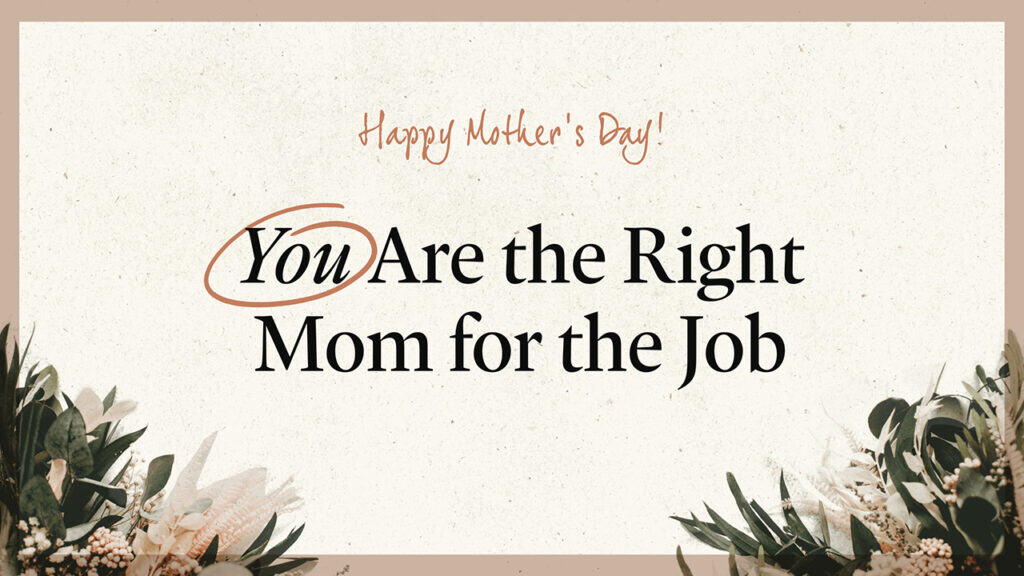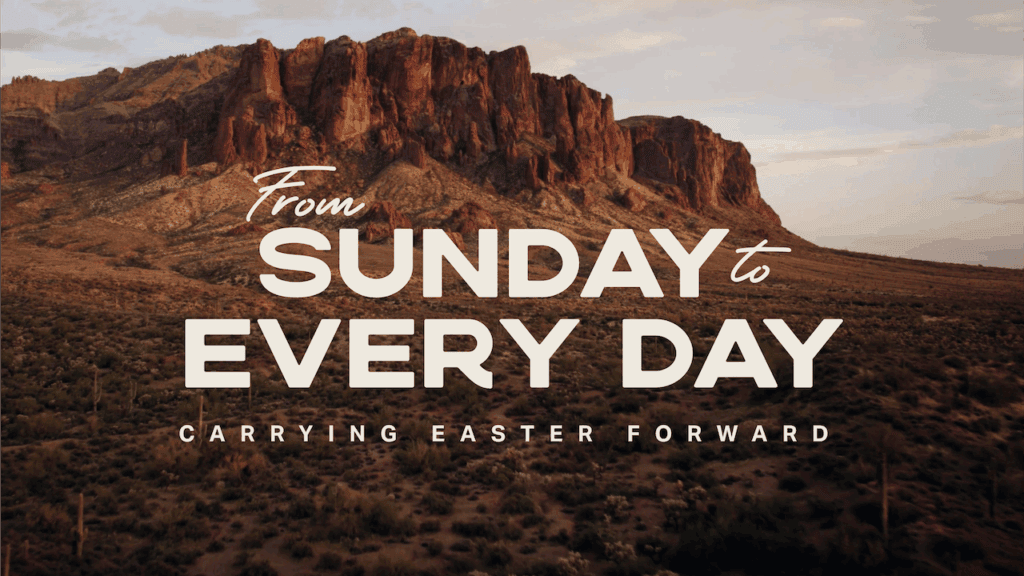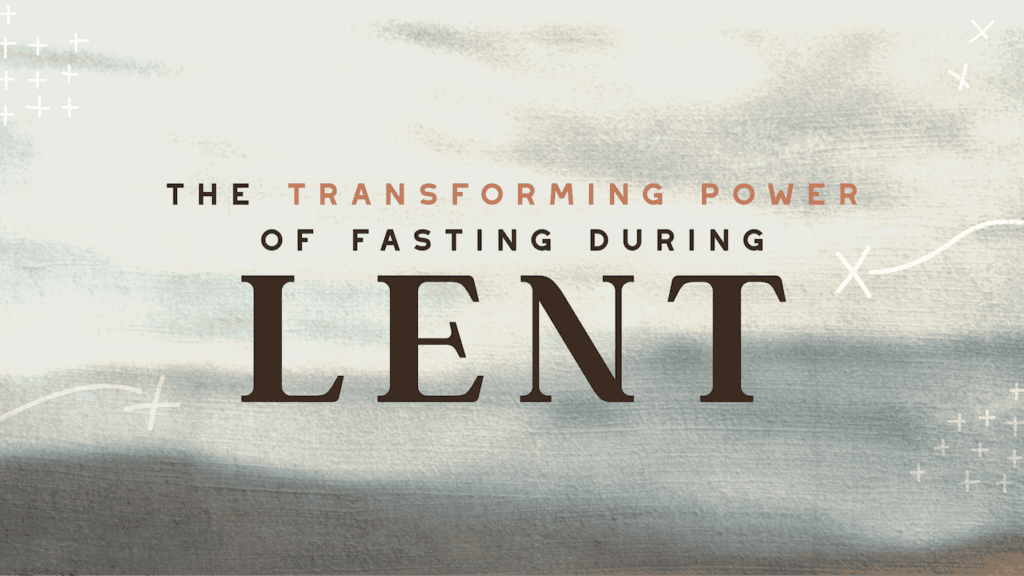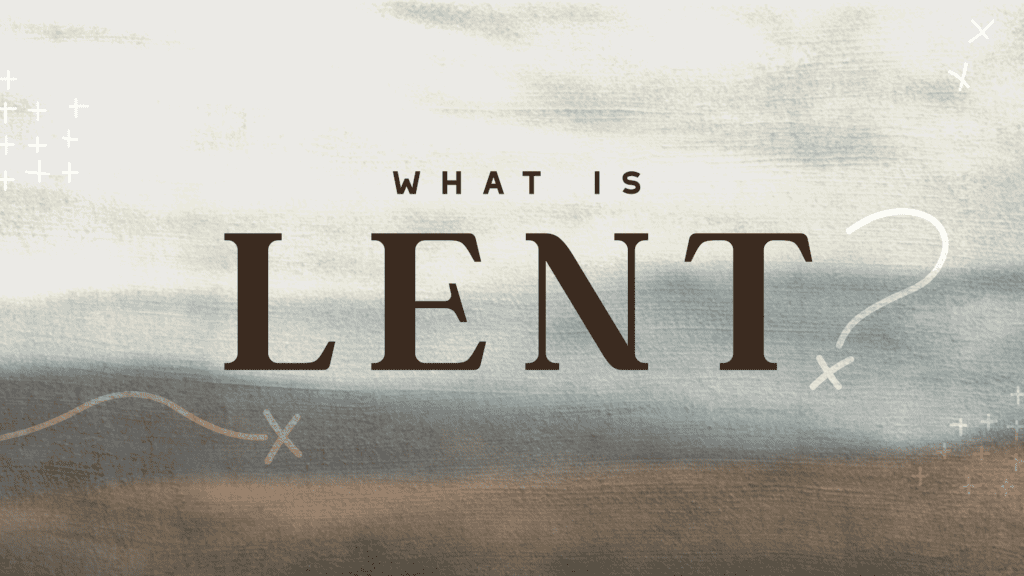In a time when loneliness could be considered an epidemic, confusion reigns about what friendship actually looks like. Is it childish to ask a friend for a ride to the airport when a car service could take you? Do our relationships need to look like the friends we see on television? Discerning our way to building and strengthening godly friendships is no less important than building and strengthening godly families. In his book Life Together, pastor and theologian Dietrich Bonhoeffer warns against a serious threat to genuine community:
“He who loves his dream of a community more than the Christian community itself becomes a destroyer of the latter, even though his personal intentions may be ever so honest and earnest and sacrificial.”
When we love the ideal better than the reality, we cannot do the difficult yet rewarding work of building and maintaining relationships. Like many aspects of Christian life, friendship is often represented shallowly in greeting card phrases or mythologized into something so grandiose that it seems impossible. But in experience, friendship is mostly ordinary acts of kindness and care that build up over time to grand gestures and moving eulogies. And in between the moments of deep emotion and connection, friends disagree, sometimes to the point of fighting.
In disagreements, it’s easy to see what the other person should have said or done. If they’d only just apologized, or if they hadn’t brought our history into it. However, to heed Bonhoeffer’s warning, we can look to Paul and Barnabas for an example of maintaining respect through disagreements.
When Saul was first transformed by his encounter with Jesus, his past campaigns of severe persecution made members of the early church in Jerusalem understandably wary. It was Barnabas who took a risk and defended Paul’s case to the apostles (Acts 9:26-27). From there, Paul and Barnabas worked together in Antioch, teaching and building the community that would come to be known as Christians (11:22-26). While we get the highlights as readers— campaigning against heretical upstarts and the preaching to the masses—the in-between days were full of eating together, a million little logistical problems to sort out, and discussing their beliefs about the most important thing in their lives: the meaning of Christ’s resurrection.
Eventually, Paul and Barnabas part ways after a “sharp disagreement” (Acts 15:39) over whether to bring John Mark along on their next journey. After all, he had returned home early on a previous trip. While the Bible is silent on the relationship between Paul and Barnabas for a while, we do hear from Paul in 2 Timothy an instruction to bring Mark to him because “he is useful to [Paul] in the ministry,” (2 Timothy 4:11). In disagreement, Paul respects the fruit of Barnabas’ decision. That same faith and expression of second chances first brought Paul into the fold. In friendships, as in larger Christian community, the question is not one of angelic harmony but of the realities of self-control and respect for one another, even in disagreement.
For more thoughts on building godly friendships, be sure to catch, The Transformative Power of Friendships, with Ryan Huber on QAVA!








